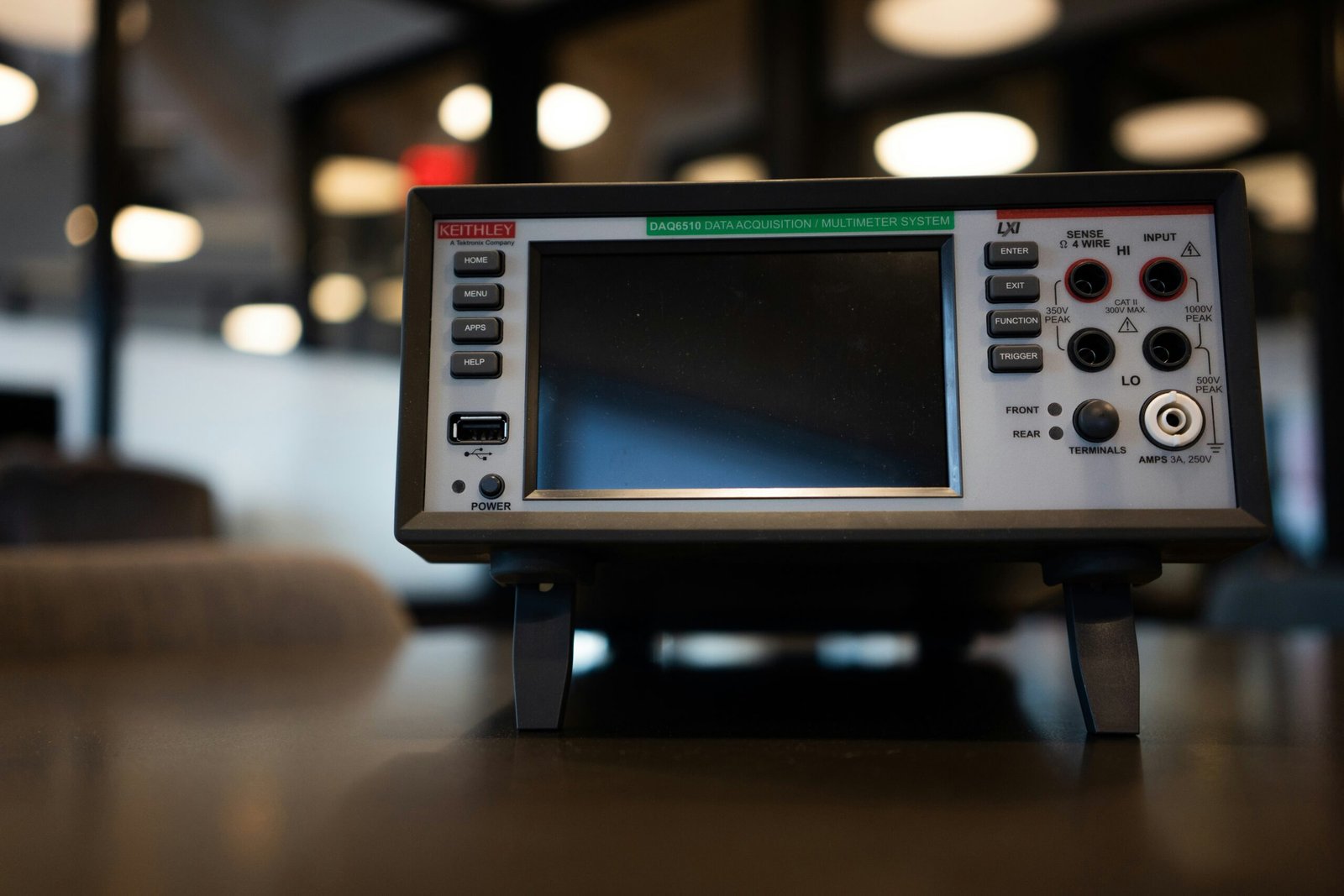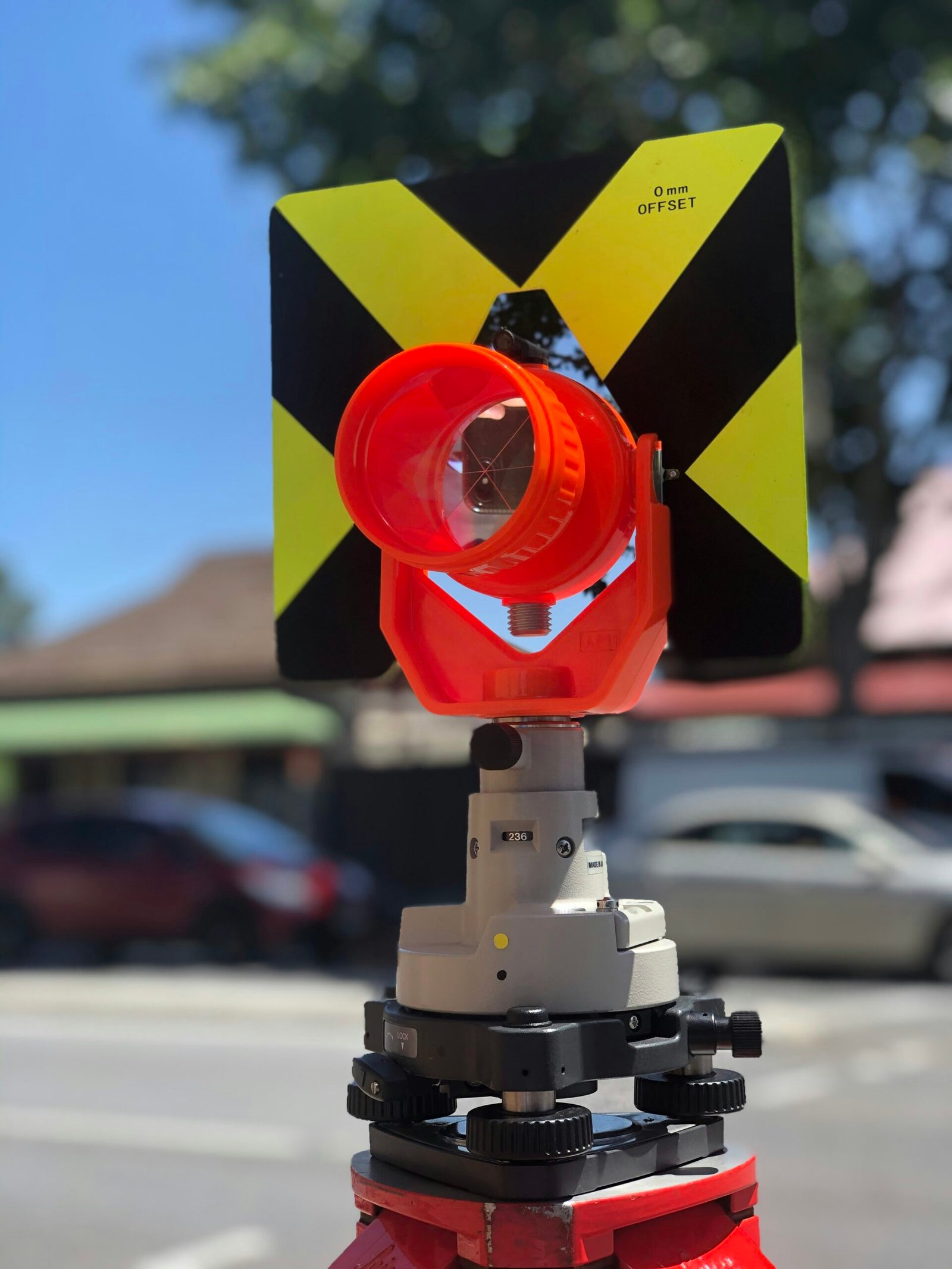Introduction to Precision Testing Instruments
Precision testing instruments are specialized tools designed to measure physical quantities with an exceptionally high degree of accuracy and reliability. These instruments play a pivotal role in various industries, including manufacturing, healthcare, and research, where precise measurements are essential for ensuring quality and compliance with standards. They come in diverse forms, ranging from simple calipers and gauges to sophisticated electronic devices that can capture minute variations in measurements.
The significance of precision testing instruments cannot be overstated. In manufacturing, these tools are critical for quality control processes, enabling manufacturers to maintain consistent product standards and prevent defects. In the healthcare sector, precision testing is vital for diagnostics, where accurate measurements can directly impact patient outcomes. Similarly, in research, the reliability of test results often hinges on the precision of measurement tools, thereby influencing the validity of scientific findings and advancements.
Traditionally, these instruments functioned based on mechanical principles and analog technology, requiring skilled technicians to operate and interpret the results. Over the years, advancements in technology have transformed the landscape of precision testing. The integration of digital components and automated systems has enhanced the efficiency and user-friendliness of these instruments, allowing for rapid data collection and analysis. Furthermore, modern precision testing instruments often incorporate software that facilitates data management and visualization, enabling users to make informed decisions based on accurate measurements.
The evolution of precision testing instruments has also seen the incorporation of artificial intelligence and machine learning, which offer the potential for continuously improving accuracy and efficiency. The ongoing development of these technologies is set to revolutionize how measurements are conducted and interpreted, solidifying the essential role that precision testing instruments play across various fields. Understanding their importance and evolution provides a foundation for appreciating the advancements brought about by artificial intelligence in these critical tools.
Integrating AI into Precision Testing Instruments
The integration of artificial intelligence (AI) into precision testing instruments represents a significant advancement in the field of measurement and analysis. By leveraging AI technologies such as machine learning and data analytics, industries are witnessing a transformative boost in the functionality and performance of testing tools. This synergy encourages a more precise and efficient approach to data interpretation and operational processes.
Machine learning algorithms, for instance, allow precision testing instruments to learn from historical data. These algorithms enable the instruments to identify patterns and anomalies that may not be immediately obvious to human operators. As a result, testing accuracy improves, leading to enhanced reliability in industries such as pharmaceuticals, manufacturing, and environmental monitoring. AI-driven predictive analytics further contribute to this accuracy by anticipating equipment failures or deviations in standards, thereby allowing for timely interventions.
Specific use cases highlight the benefits of AI integration. In the pharmaceutical industry, AI-enabled testing instruments assist in the rigorous analysis required for drug development, ensuring that products meet stringent safety and efficacy standards. In industrial manufacturing, smart sensors equipped with AI capabilities can continuously monitor production lines, optimizing processes and minimizing waste. Moreover, in environmental testing, AI enhances the ability to assess contaminant levels with precision and speed, thereby supporting regulatory compliance and protecting public health.
Ultimately, the incorporation of AI into precision testing instruments not only enhances measurement accuracy and operational efficiency but also empowers organizations to make informed decisions. By capitalizing on the strengths of AI, industries can achieve higher productivity levels while maintaining quality, which is essential in today’s competitive landscape.
Benefits of AI in Precision Testing Instruments
The integration of artificial intelligence (AI) in precision testing instruments brings a myriad of advantages that enhance both performance and outcomes. One of the foremost benefits is the marked improvement in accuracy and reliability of testing results. AI algorithms can analyze vast amounts of data with precision, identifying patterns that may escape human detection. This capability ensures that measurements are highly accurate, thus fostering trust in the results produced.
Furthermore, AI significantly accelerates the testing process. Traditional methods often require extensive manual input and time-consuming procedures. In contrast, AI-driven systems optimize these processes, allowing for faster data collection and analysis. This speed not only enhances productivity but also minimizes delays in decision-making, a critical factor in industries where timing can influence outcomes.
Human error is another critical factor in precision testing, and AI dramatically reduces this risk. By automating processes, AI eliminates inconsistencies that arise from manual handling, leading to more reliable and repeatable results. This reduction in human error is essential for maintaining the integrity of tests, particularly in high-stakes environments such as healthcare and manufacturing.
The capabilities of AI in data analysis further extend the benefits of precision testing instruments. AI systems can process complex datasets and generate insights that help users make informed decisions. These insights include predictive analytics, allowing for the anticipation of potential failures and maintenance needs of instruments. Such predictive maintenance not only extends the lifespan of equipment but also reduces costs associated with unexpected breakdowns.
In line with cost considerations, AI implementation can lead to significant savings in operational expenses. By enhancing efficiency and reducing reliance on manual labor, organizations can allocate resources more effectively. Industry leaders have reported substantial improvements in productivity and cost-effectiveness through the adoption of AI in their testing processes, underscoring its transformative impact in precision testing.
Future Trends and Challenges of AI in Precision Testing Instruments
The integration of artificial intelligence (AI) in precision testing instruments is set to revolutionize the landscape of various industries. Emerging trends such as enhanced automation, advancements in sensor technology, and real-time data processing are paving the way for significant improvements in measurement accuracy and operational efficiency. Automated systems powered by AI can facilitate rapid data collection and analysis, thereby reducing human error and optimizing workflow processes. As industries increasingly rely on accurate testing methods, the demand for sophisticated automated systems will continue to grow, creating a strong impetus for development in this area.
Furthermore, advancements in sensor technology are driving the evolution of precision testing instruments. Intelligent sensors equipped with AI capabilities can provide enhanced data analytics and real-time monitoring, facilitating predictive maintenance and timely interventions. Such innovations not only improve the reliability of testing instruments but also empower organizations to make informed decisions based on accurate data. As these technologies advance, we can expect a marked improvement in the precision of measurements across various applications, ultimately leading to better product quality and customer satisfaction.
However, the adoption of AI in precision testing instruments is not without its challenges. Concerns surrounding data security remain a significant obstacle, as the integration of AI often involves the handling of sensitive information. Organizations must prioritize the development of robust cybersecurity measures to protect against potential breaches. Additionally, the need for skilled personnel adept in both AI and precision testing technologies poses a challenge. Ensuring that the workforce is adequately trained and equipped to handle these complex systems will be crucial for successful implementation. Lastly, regulatory compliance remains an essential consideration. Adhering to industry standards and regulations will be necessary to mitigate risks and ensure that innovations deliver reliable and consistent results.
As the industry navigates these challenges, it is pivotal to strike a balance between harnessing the benefits of AI and addressing the inherent risks. By focusing on developing ethical practices, training opportunities, and maintaining regulatory standards, organizations can position themselves effectively for the future of precision testing instruments.








